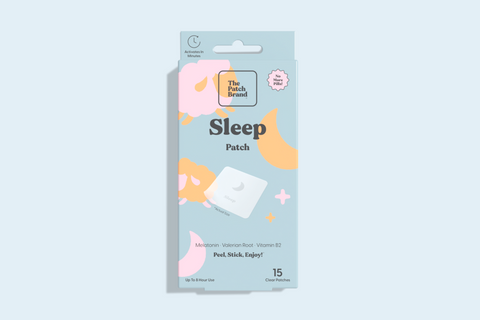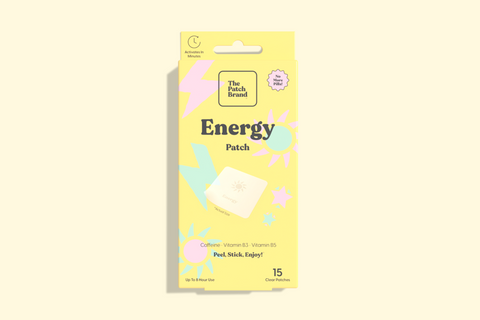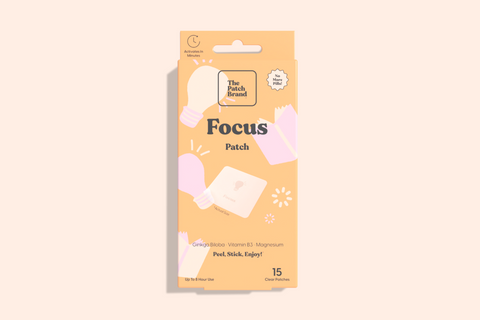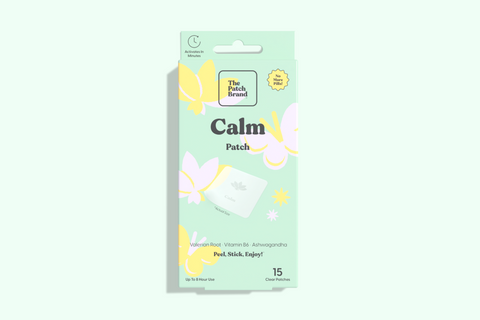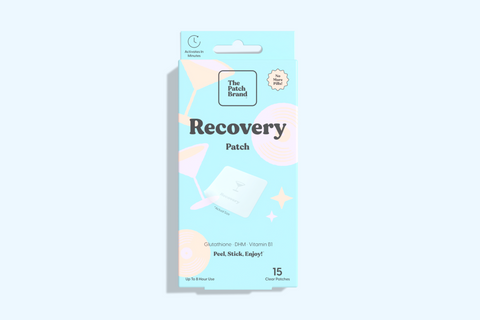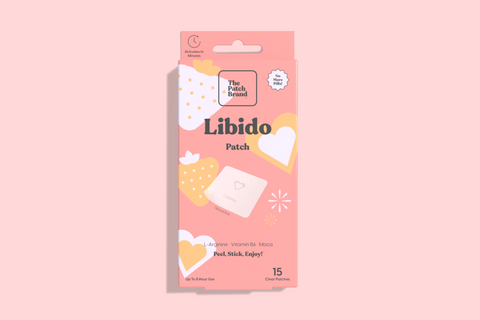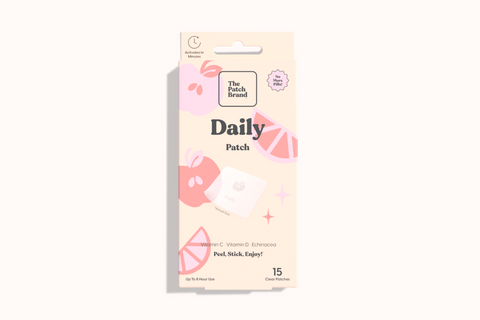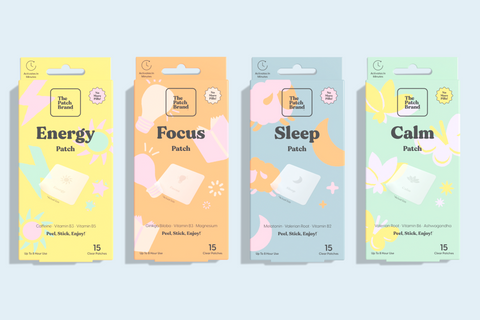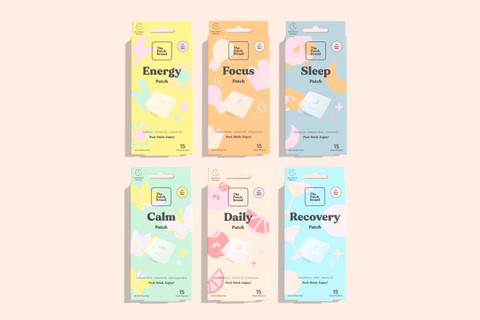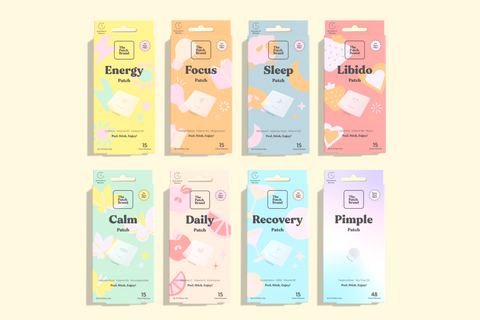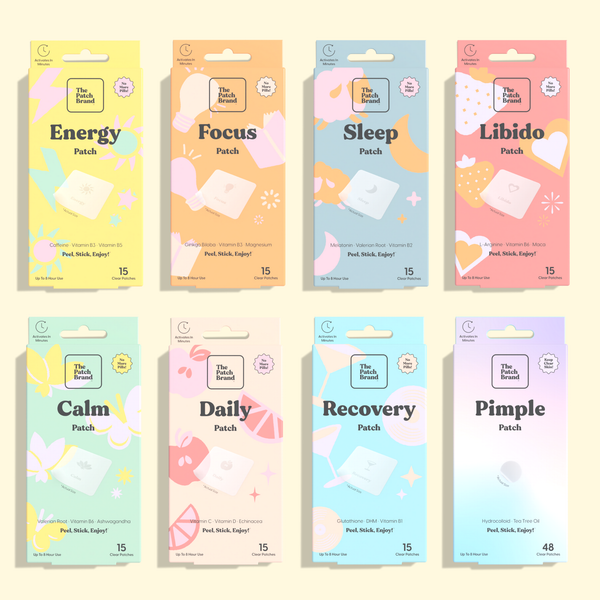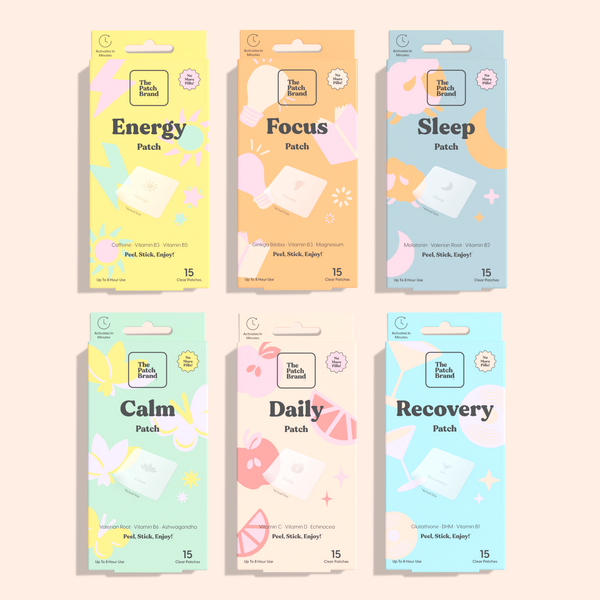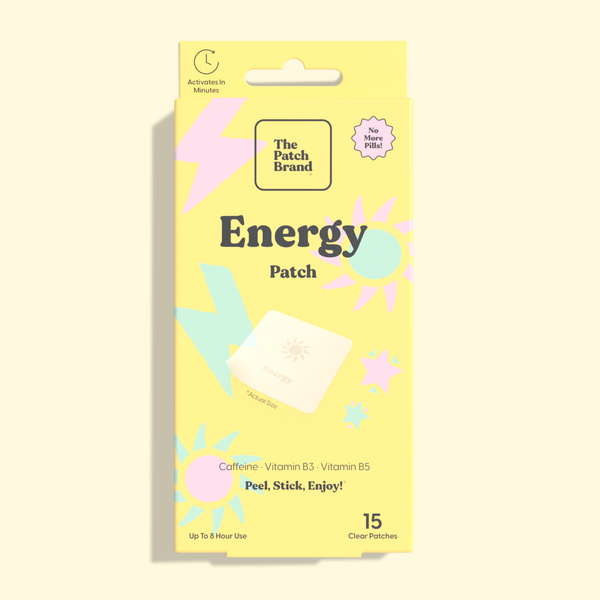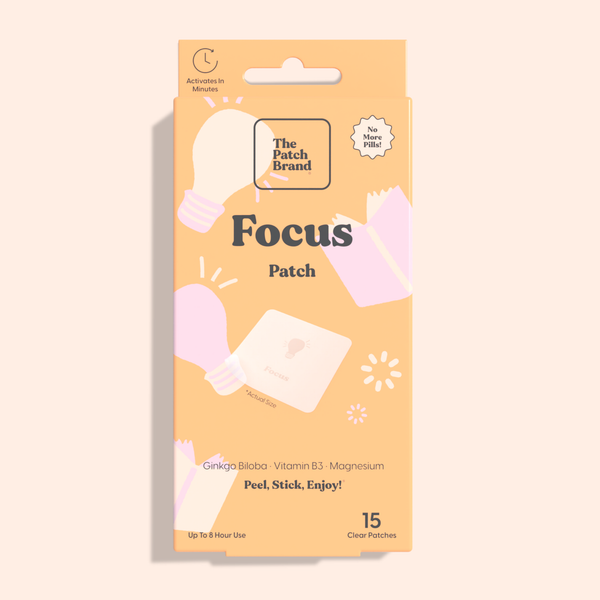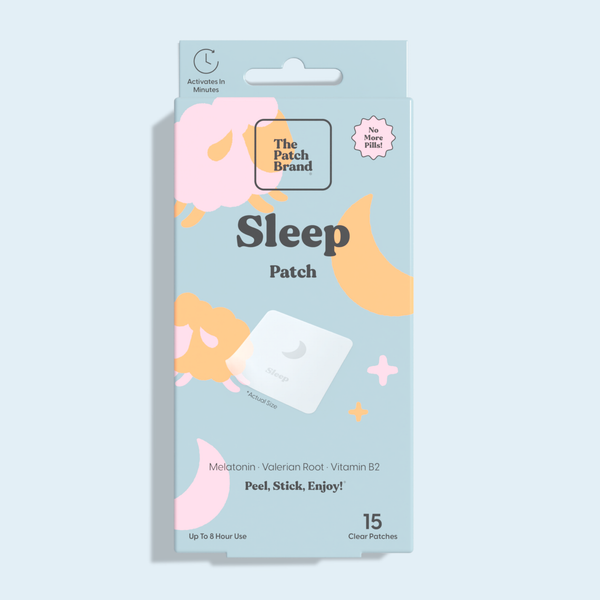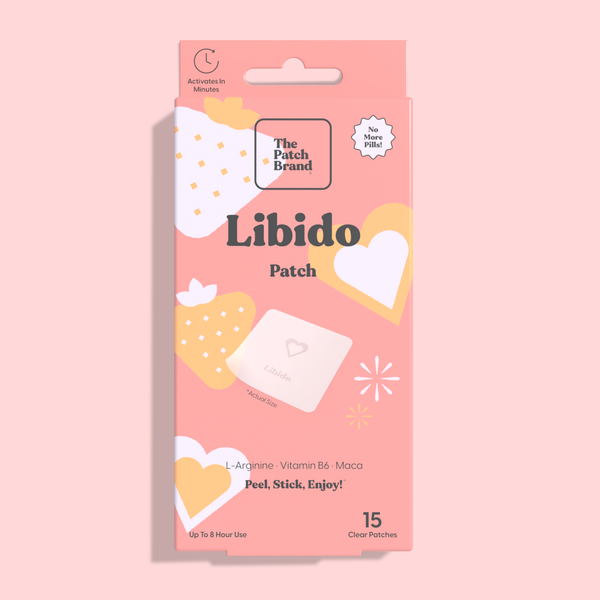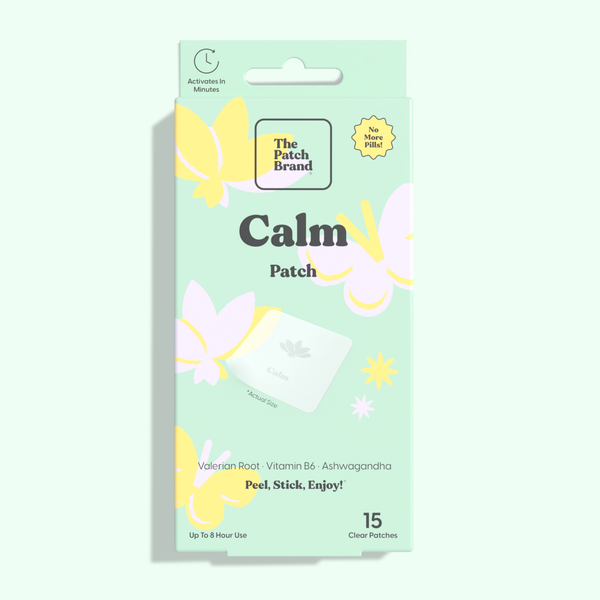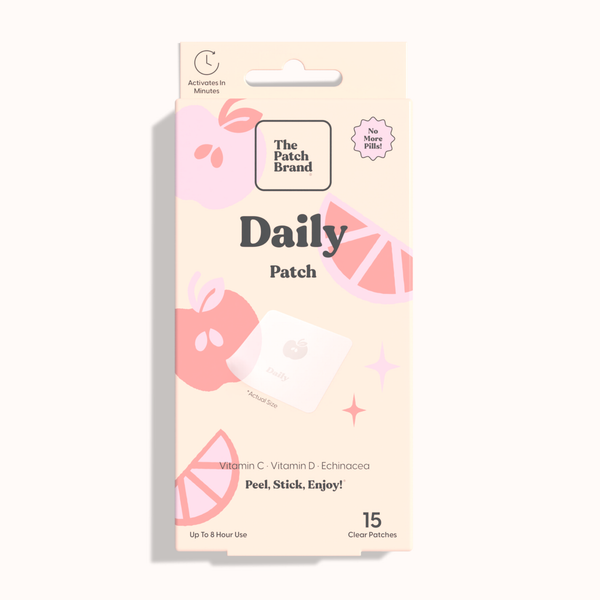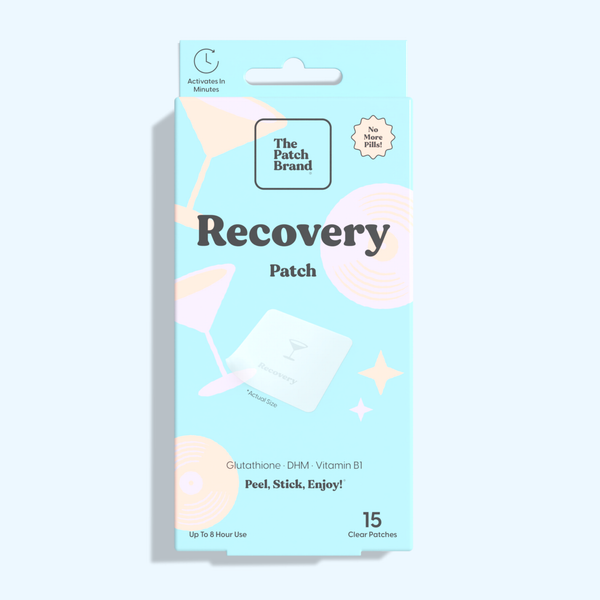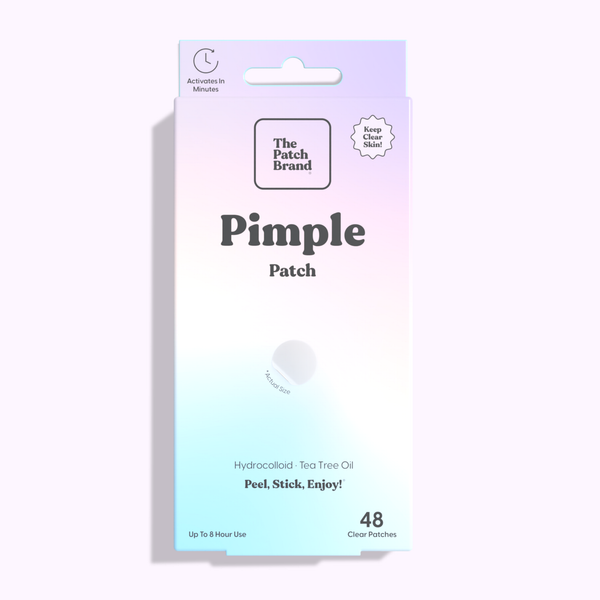When it comes to preventing pimple breakouts, knowledge is power. An effective strategy encompasses various aspects: maintaining a consistent skincare routine for acne, using non-comedogenic products, understanding the role of diet and hydration in skin health, and managing lifestyle factors. Each of these areas offers a piece of the puzzle in achieving healthier, clearer skin. By following a multifaceted approach, individuals can tackle the root causes of pimples and pave the way for long-term skin health. This guide aims to provide comprehensive and easy-to-follow steps to empower readers in their journey towards clear skin.
Fundamentals of Pimple Formation
Hormonal fluctuations are a significant factor in the formation of pimples, particularly during puberty, menstruation, and even stress. These hormonal changes can increase oil production in the skin, leading to clogged pores and breakouts. Androgens, for instance, can cause sebaceous glands to enlarge and produce more sebum. This excess oil can mix with dead skin cells, blocking pores and creating an ideal environment for bacteria to grow, leading to inflammation and pimples. Understanding this connection is crucial in developing a targeted approach to prevent pimple breakouts.
Bacteria play a critical role in the development of pimples, particularly the bacteria known as Propionibacterium acnes (P. acnes). This bacterium is commonly found on the skin and is usually harmless, but when trapped in clogged pores, it can cause problems. It feeds on the sebum produced by our skin, and as it multiplies, it leads to inflammation and the formation of pus-filled pimples. Effective skincare routines target these bacteria, helping to keep their populations in check and reduce the likelihood of pimple formation.
Maintaining healthy skin extends beyond just skincare products; it contains various lifestyle factors that can significantly influence your skin's health. Factors like stress, sleep, and exercise all play a role in the appearance and health of your skin. Here's a closer look at how each of these elements affects skin health:
-
Stress: It can cause hormonal imbalances leading to increased oil production and potential breakouts.
-
Sleep: Quality sleep is essential for skin repair and regeneration. Lack of sleep can hinder the skin's healing process.
-
Exercise: Regular physical activity boosts circulation, aiding in skin cell nourishment and vitality. Remember to cleanse post-exercise to prevent sweat from clogging pores.
-
Skin Cleansing Post-Exercise: Sweating during exercise is natural, but it's vital to cleanse the skin afterward to avoid pore blockage and breakouts.
Balancing these lifestyle aspects is key to a holistic approach to skincare. Stress management techniques, ensuring adequate sleep, and incorporating regular exercise into your routine can all contribute to healthier skin. By addressing these factors, you can support your skin's natural processes and help prevent the occurrence of acne and other skin concerns.
Essential Skincare Routine for Acne Prevention
Gentle Cleansing
This is the cornerstone of any effective skincare routine for acne. It's essential to remove dirt, excess oil, and impurities from the skin without stripping it of its natural oils. Harsh cleansers can disrupt the skin's barrier, leading to increased oil production and more breakouts. Choose a mild, pH-balanced cleanser that can clean effectively without causing irritation. Cleansing twice daily, in the morning and before bed, helps maintain a clear complexion and prepares the skin for other acne-prevention products.
Non-comedogenic and Oil-free Products
When selecting skincare products, the terms "non-comedogenic" and "oil-free" are crucial for those prone to pimples. Non-comedogenic products are formulated to not clog pores, which is vital in preventing the formation of new pimples. Similarly, oil-free products reduce the likelihood of adding extra oil to already oil-prone skin. This doesn’t mean avoiding all oils, as some can be beneficial, but it's essential to choose products that won't exacerbate acne. Reading labels and understanding ingredients is key to making informed skincare choices.
Moisturizing
Many believe that acne-prone skin doesn’t need moisturization, but this is a misconception. Moisturizing helps maintain the skin's natural barrier and prevents overproduction of oil that can occur when the skin is dehydrated. The key is to select a lightweight, non-greasy moisturizer that hydrates without clogging pores. Look for products containing ingredients like hyaluronic acid or glycerin, which provide hydration without adding oil.
Customizing Skincare According to Skin Type
Every individual’s skin is unique, and customizing skincare to one’s specific type is vital for effective acne prevention. Dry skin requires different care than oily or combination skin. For instance, oilier skin may benefit from gel-based products, while drier skin may need more nourishing creams. It’s also important to pay attention to how your skin reacts to different products and adjust your routine accordingly. This tailored approach ensures that the skin gets exactly what it needs to remain healthy and clear.
Exfoliation and Pimple Prevention
Exfoliation is a crucial step in any skincare routine, particularly for those with acne-prone skin. It offers several benefits that are key to maintaining clear, healthy skin. By sloughing off dead skin cells, exfoliation helps to keep pores clear, preventing the build-up that often leads to pimples. Here are the key advantages of incorporating regular exfoliation into your skincare regimen:
-
Prevents Pore Clogging: By removing dead skin cells, exfoliation helps to keep pores from becoming clogged, which is a common cause of acne.
-
Enhances Skincare Efficacy: Exfoliation allows for better absorption of other skincare products, making them more effective.
-
Improves Skin Texture: Regular exfoliation can lead to smoother, brighter skin, enhancing its overall appearance.
-
Reduces Acne Scars: Over time, gentle exfoliation can help reduce the visibility of acne scars, contributing to a more even skin tone.
Regular, gentle exfoliation not only aids in preventing pimples but also contributes to the overall health and appearance of your skin. It's an essential step for those aiming to maintain a clear complexion, as it enhances the performance of other skincare products and improves skin texture.
While exfoliation is beneficial, it's crucial to find the right balance. Over-exfoliation can strip the skin of its natural oils, leading to irritation and increased acne. For most people, exfoliating two to three times a week is sufficient. Paying attention to your skin's response is key – if you notice redness or sensitivity, it might be a sign to reduce the frequency of exfoliation. Choosing the right exfoliation product is essential for acne-prone skin. Look for products specifically formulated for sensitive or acne-prone skin. Chemical exfoliants like salicylic acid are particularly effective for acne, as they can penetrate the pores and dissolve the mix of sebum and dead skin cells. Avoid harsh scrubs and opt for products with a balanced pH that aligns with the skin's natural pH level, ensuring minimal irritation and maximum effectiveness.
Diet, Hydration, and Skin Health
Diet plays a crucial role in maintaining clear skin. The connection between what you eat and the health of your skin is significant. A diet rich in antioxidants, vitamins, and minerals can greatly benefit your skin. Antioxidants help combat free radicals, which can damage skin cells, while vitamins and minerals support skin repair and regeneration. Foods high in Vitamin A, E, and Omega-3 fatty acids are particularly beneficial. These nutrients help maintain skin clarity and can even aid in reducing inflammation associated with acne.
Certain foods are known to trigger acne flare-ups in some individuals. High-glycemic foods, such as white bread, pasta, and sugary snacks, can cause a spike in blood sugar and may lead to increased acne breakouts. Dairy products are also known to be potential acne triggers for some people. It's important to observe how your skin reacts to different foods and consider reducing or eliminating those that seem to worsen your acne. Hydration is key for healthy skin. Water helps to flush out toxins from the body and keeps the skin cells hydrated and plump. It also aids in maintaining the skin’s elasticity and can help to reduce the appearance of fine lines and wrinkles. Drinking an adequate amount of water daily is an easy yet effective way to support your skin's health and can contribute to a clearer complexion.
Adopting a skin-friendly diet involves including foods that promote skin health and avoiding those that may trigger acne. Incorporate a variety of fruits, vegetables, lean proteins, and whole grains into your diet. These foods provide essential nutrients that support skin health. Additionally, try to minimize the intake of processed foods, sugary snacks, and high-fat dairy products. This balanced approach to nutrition can significantly impact the overall health and appearance of your skin.
Over-the-Counter Treatments and Their Efficacy
Salicylic Acid in Acne Treatment
Salicylic acid is a widely recognized and effective over-the-counter treatment for acne. This beta-hydroxy acid works by deeply penetrating the pores, dissolving the mix of sebum and dead skin cells that lead to acne. It's known for its ability to exfoliate the skin, reduce inflammation, and clear congested pores. Salicylic acid is suitable for most skin types, especially oily and acne-prone skin. It's available in various formulations, including cleansers, toners, and spot treatments, making it a versatile and essential component in acne prevention routines.
Benzoyl Peroxide for Pimple Control
Benzoyl peroxide is another effective over-the-counter ingredient for treating pimples. It works by killing acne-causing bacteria and helps to dry out existing pimples. Benzoyl peroxide is particularly beneficial for inflammatory acne, characterized by red, swollen pimples. While it can be highly effective, it's important to start with lower concentrations to gauge skin tolerance and gradually increase as needed. As benzoyl peroxide can be drying, it should be balanced with hydrating components in your skincare routine.
Choosing the right topical treatment for acne involves understanding your skin type and the nature of your acne. For mild to moderate acne, salicylic acid and benzoyl peroxide are often sufficient. It's essential to start with lower concentrations to minimize skin irritation and gradually increase as your skin adjusts. For those with sensitive skin, formulations designed for sensitive skin or lower concentrations are advisable. Always patch-test new products and introduce them gradually into your skincare routine.
For best results, combining different treatments can be more effective than using a single product. For instance, using a salicylic acid cleanser with a benzoyl peroxide spot treatment can target acne from multiple angles. However, it's crucial to not overdo it, as combining too many active ingredients can irritate the skin. It's also important to include non-comedogenic moisturizers and sun protection in your routine, as some acne treatments can make the skin more sensitive to sun damage. Tailoring your approach based on your skin's response is key to finding the most effective regimen.
In our journey through the comprehensive clear skin guide, we've explored various factors and strategies essential for preventing pimple breakouts. Key takeaways include understanding the causes of pimples, the importance of a tailored skincare routine for acne, the role of diet and hydration in skin health, and the impact of lifestyle choices. Additionally, we've discussed the effectiveness of over-the-counter treatments like salicylic acid and benzoyl peroxide. Implementing these strategies requires patience and persistence, as skin improvements can take time to become evident.
Achieving clear skin is a gradual process that requires consistent effort and patience. It's important to remember that overnight results are rare and that skincare is a journey, not a destination. Adapting to changes in your skin's needs, experimenting with different products responsibly, and staying committed to your routine is crucial for long-term success. Remember, every skin type is unique, and what works for one person may not work for another. Stay patient, keep learning about your skin, and adjust your routine as needed. With time and consistent care, achieving and maintaining clear, healthy skin is possible.
